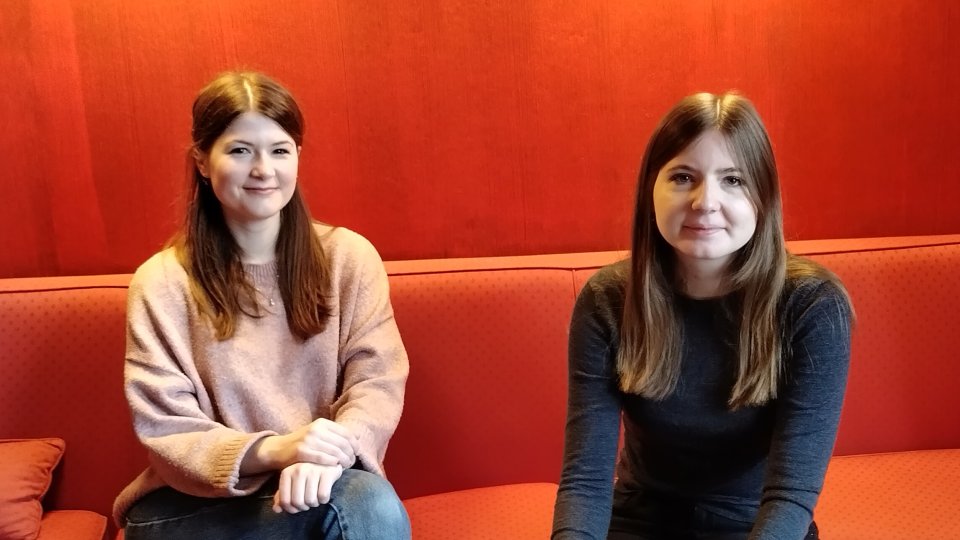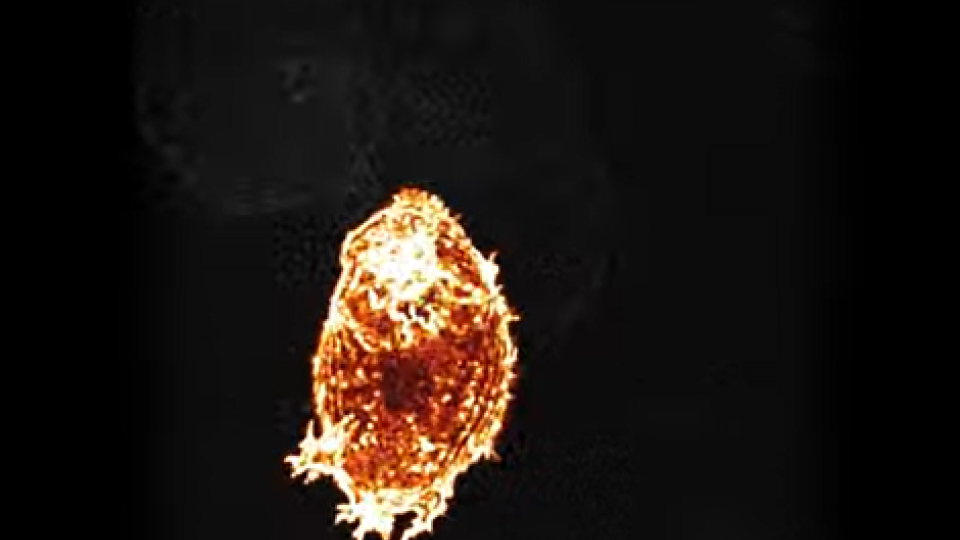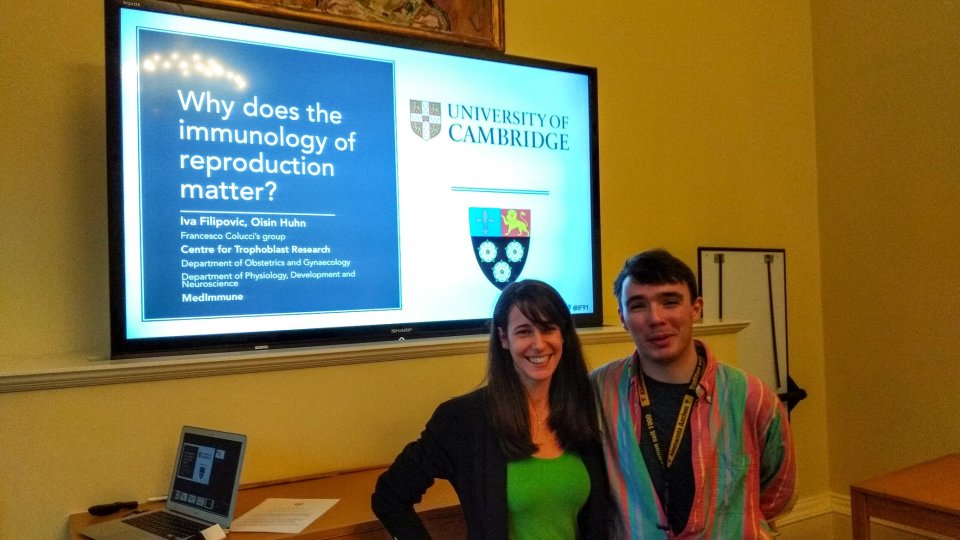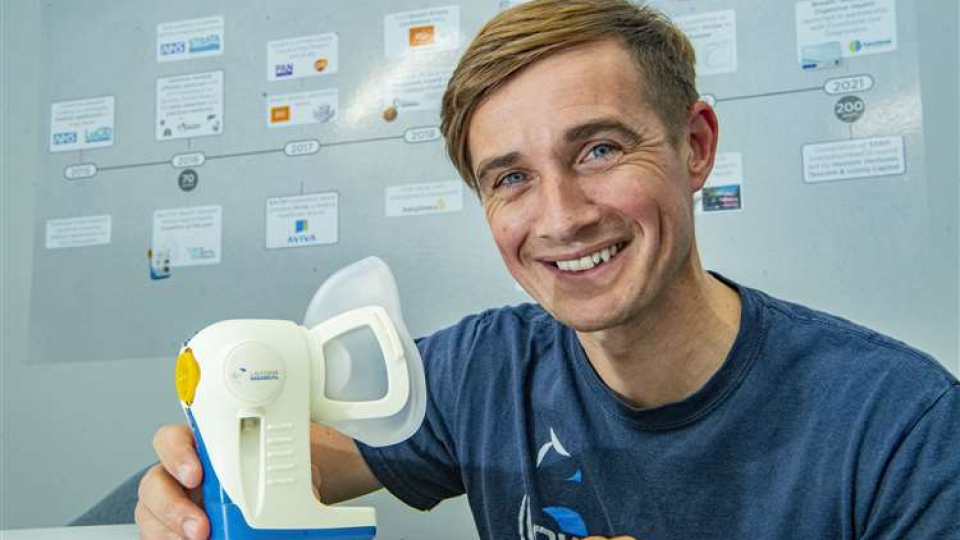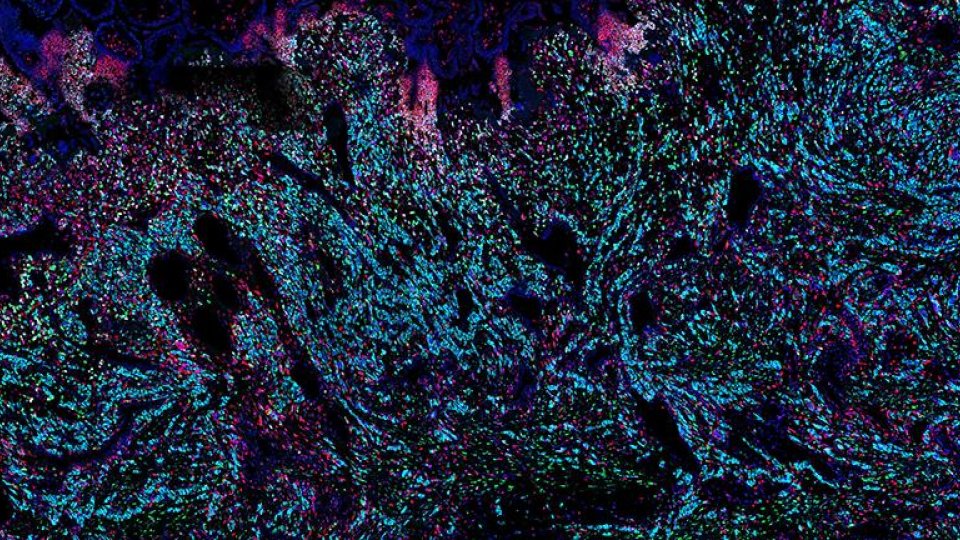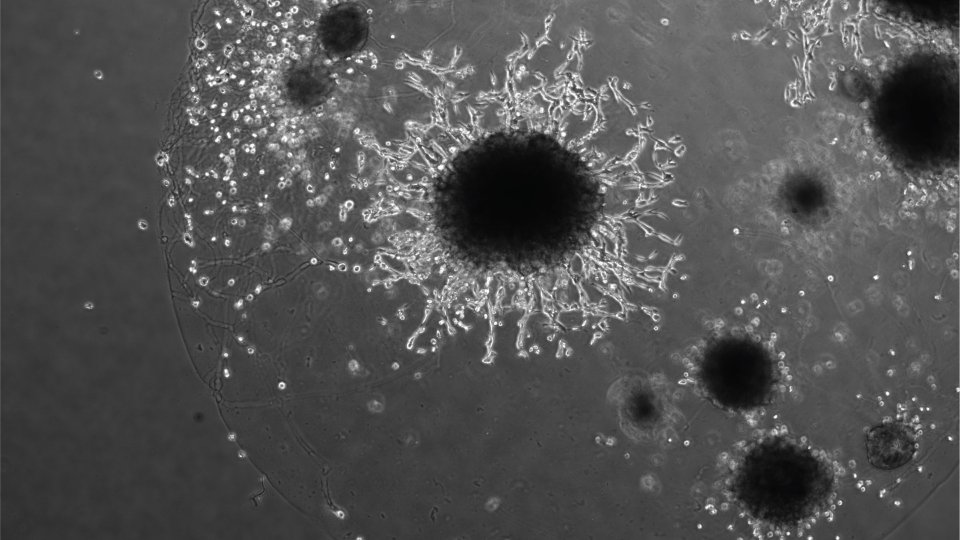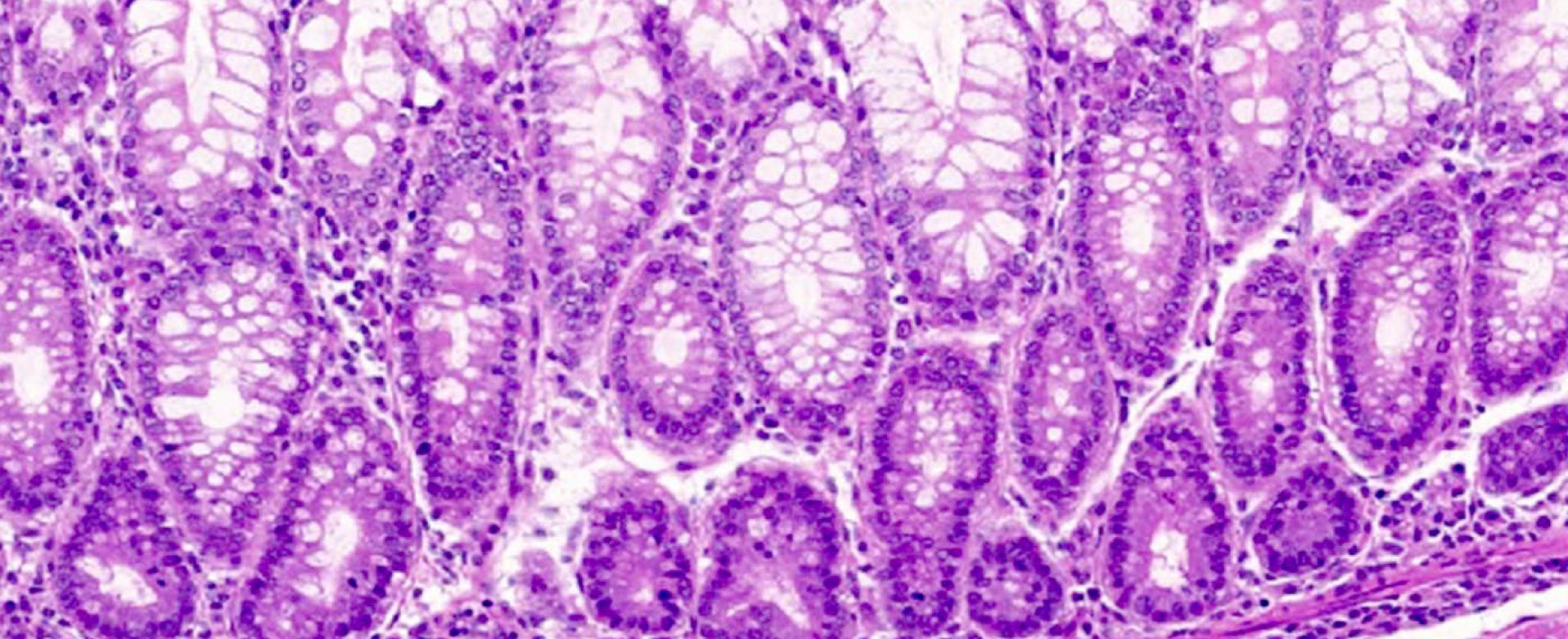
In recent years, cancer immunotherapy has emerged as a revolutionary approach for treating advanced cancers. Breakthrough therapies, particularly those targeting immune checkpoints like PD-1 and CTLA-4, have transformed the outlook for many cancer patients. However, not all patients respond to these treatments.
Regulatory T (Treg) cells are powerful immunosuppressive cells which limit a patient’s immune response to cancer. As a consequence, targeting Treg cells has been a focus for researchers seeking to enhance immune responses against tumours. However, clinical trials targeting Treg cells have thus far been underwhelming, prompting a deeper investigation into their role.
A new study by researchers from the University of Cambridge Department of Pathology, led by senior author Prof. Rahul Roychoudhuri and first author Dr Sarah Whiteside, sheds light on the complex dynamics between Treg cells and cancer. The study, titled 'Acquisition of suppressive function by conventional T cells limits anti-tumor immunity upon Treg depletion', reveals a previously unrecognized source of immune suppression which occurs following therapeutic depletion of Treg cells, limiting response efficacy.
“The findings unveil a compensatory mechanism where conventional T cells acquire suppressive functions, limiting the effectiveness of therapies targeting Treg cells. This insight is crucial for developing more effective cancer immunotherapies which work by depleting Treg cells" said Prof. Roychoudhuri about the study findings.
The research team used cutting-edge cellular and molecular immunology approaches and cancer models to demonstrate that upon therapeutic depletion of Treg cells, a subset of conventional T cells, marked by expression of the chemokine receptor CCR8 adopt Treg cell-like behaviour, producing an immunosuppressive cytokine IL-10 which subsequently limits the efficacy of the immune response released upon Treg repletion. This unexpected finding challenges the previous understanding that focusing solely on Treg cells could yield substantial therapeutic benefits.
Sarah Whiteside, the study's first author, emphasizes the broader implications of their work:
By recognizing the compensatory immunoregulatory functions taken up by Tconv cells when Treg cells are depleted, we can explore new strategies that target these cells alongside Treg cells to enhance the efficacy of cancer treatments. As cancer treatment continues to evolve, the findings represent a significant step forward in understanding and potentially overcoming the limitations of current immunotherapies.
The study not only underscores the complexity of the immune system's response to cancer but also opens new avenues for cancer treatment. By identifying the role of interleukin (IL)-10-expressing CCR8+ Tconv cells in mediating immune suppression, the research provides a new targets for overcoming immunotherapy resistance to Treg depleting immunotherapies. The implications of this study are significant, offering hope for improved therapies for cancer patients who currently do not benefit from existing treatments.
The research was conducted at the University of Cambridge Department of Pathology and the CRUK Cambridge Cancer Centre in collaboration with the research group of Dr Enrico Lugli at Humanitas in Milan (Italy). The research was conducted with support from the UK Medical Research Council and an ERC Consolidator Award to Prof Roychoudhuri.
Sarah Whiteside was a College Research Associate and member of Professor Roychoudhuri’s research group from 2018 to 2023 and has just taken up a new position in the US in December 2023
